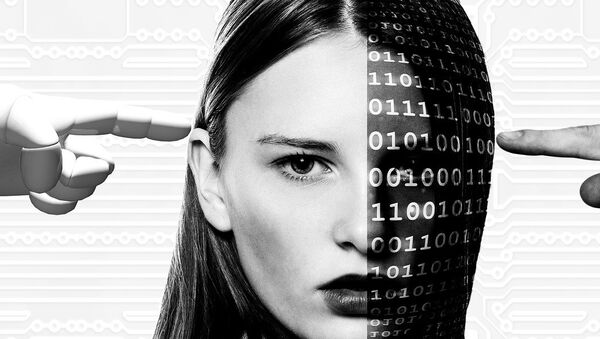It's something that some Londoners, and many tourists, struggle with: navigating the London Underground without getting lost. Now DeepMind, which Google acquired in 2014, has invented a computer that has independently learnt to do just that through deduction.
DeepMind's new artifical model is called a differentiable neural computer (DNC). It is fed information on how items and data are related to each other: for example, a map of the London Underground network or a family tree. It is given an external memory of the information. It then answers questions about the relationships within those structures. The memory of those answers help the AI computer to infer new answers, in other words to "learn":
While impressive, what applications could this have for the rest of us?
To begin with, it could help artificial intelligence become more powerful, and therefore, more useful in everyday problem solving. An example in commercial use already are digital assistants like Google's Voice and Apple's Siri, which deduce audio patterns to enable speech recognition. Other possible applications could be to help you navigate a complicated commute in an unfamiliar place.
The discovery builds on the concept of neural networks, which imitate the way in which the human mind operates.
A @deepmindAI hybrid learning machine combining features of neural networks and computers is reported in @Nature https://t.co/IOX8ZScNeB pic.twitter.com/xxzr4Q3KgF
— nature (@nature) October 12, 2016
In the journal Nature, DeepMind's 20-strong London-based team, said their differentiable neural computer (DNC) has access to previously incompatible external data, such as text encoded in conventional digital form.
"The trouble is that the memory in a neural network is bound up within the computation itself, which makes it rather fragile and hard to scale up. We decided that the way to make it more robust is to separate out the memory, so that we can expand it without affecting the processor," Alex Graves, head of the DNC project, said.
The discovery comes in the same week the UK's House of Commons Science and Technology Committee, called on the British government to set up a commission on artificial intelligence.
Their report said that the UK must examine the potential problems AI technology could create for future generations, and how it could "fundamentally" change people's lives.




